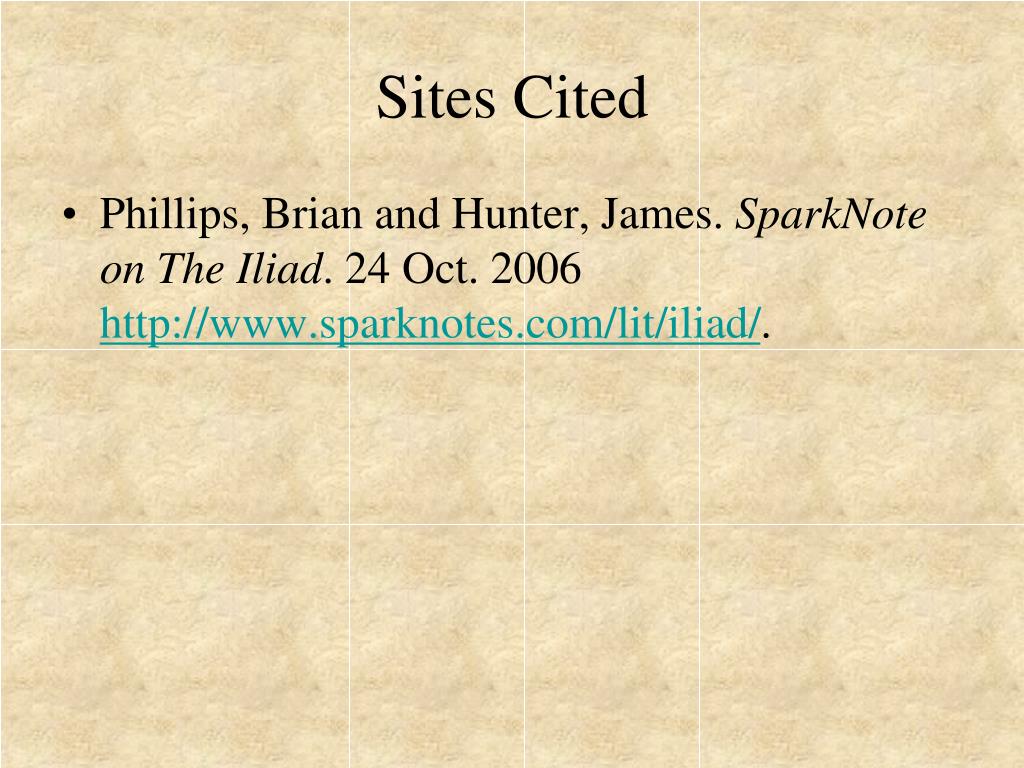
How sweet the moonlight sleeps upon the bank! This figure of speech is used to draw attention to a point than a mere bald statement of it could do for e.g.Ģ. Do men gather grapes of thorns or figs of thistles? This is also known as Rhetorical Question, as the question is asked nearly to ask a question, for e.g.Ģ. The ploughman homeward plods his weary way An ambassador is an honest man who lies abroad for the good of his countryĪn Epithet is transferred from its proper world to another that is closely associated with it in the sentence, for e.g.Ģ. Is life worth living? – It depends upon the liverĢ. This consists in the use of a word in such a way that it is capable of more than one application, the object being to produce a ludicrous effect, for e.g.ġ. It is an Irony of Faith that a man so good in day time can turn to a demon at night (Dr. But Brutus says he was ambitious, and Brutus is an honorable man.Ģ. It is a mode of speech in which the real meaning is exactly the opposite of that which is literally conveyed, for e.g.ġ. England won the first test match against Australia In this a part is used to designate the whole or the whole to designate a part, for e.g.Ģ. This is a change of name an object is designated by the name of something which is generally associated with it, for e.g.

This is a brief pointed saying frequently introducing antithetical ideas which exit surprise and arrest attention, for e.g.Ģ.

And faith unfaithful kept him falsely true. This is a special form of Antithesis, whereby two contradictory qualities are predicted at once of the same thing, for e.g.ġ.

I loved Ophelia forty thousand brothers could not with all their quality of love makeup the sumĬonsist in description of a disagreeable thing by an agreeable name, for e.g.Ģ. O Hamlet! Thou hast cleft my heart in twainĢ. This is used to make emphases by over stating, for e.g.ġ. It is employed to secure emphasis, for e.g.Ģ. In this a striking opposition or contrast of words or sentiments is made in the same sentence. O Judgment! Thou art fled to brutish beasts O death! Where is thy sting? O Grave! Where is thy Victoria?Ģ. Personification- In animates objects abstract notions are spoken off as having life and intelligence, for e.g.Īpostrophe- this is the direct address to the dead, to the absent or to a personified object or idea, for e.g.ġ. He fought like a Lion can be written as he was a lion in the fight It does not use like or as but take for granted that one thing is like another or as if the two things were one, for e.g.ġ. Thy soul was like a star, and dwelt apart Life is as tedious as a twice-told taleĢ.


 0 kommentar(er)
0 kommentar(er)
